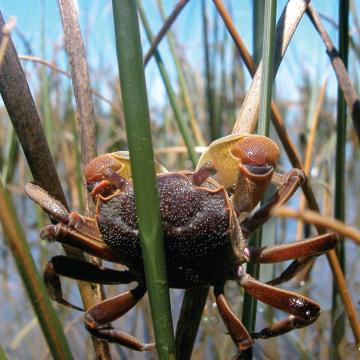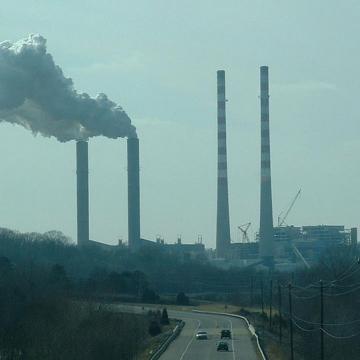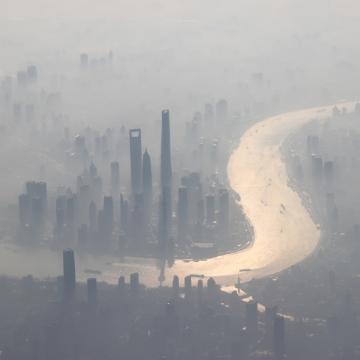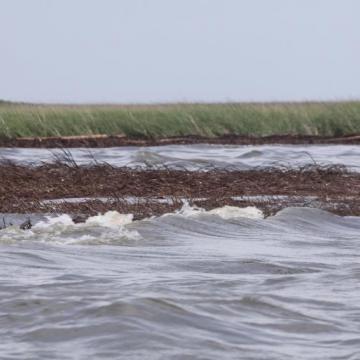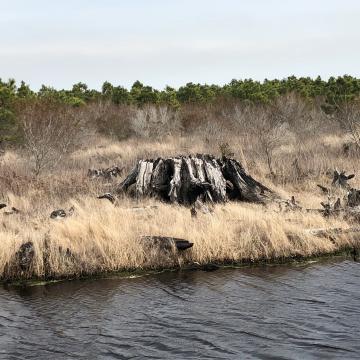-
NewsWhen it comes to storing carbon during prolonged periods of drought and heat, wooded peatlands at low-latitudes have a three- to five-fold advantage over other peatlands. An ancient class of slow-growing fungi is the reason why.
-
NewsThe stringent lockdown imposed by the Chinese government to slow the spread of COVID-19 early this year significantly eased the strain on hospitals there. Admissions due to non-COVID respiratory illnesses decreased by nearly 5,000, a new study by an international team of scientists shows.
-
NewsDuke University researchers have developed a new online calculator that teachers, administrators and students can use to estimate the risk of airborne transmission of the COVID-19 virus in classrooms.
-
NewsSalt marshes, seagrass meadows and other coastal ecosystems are in rapid decline around the world. Restoring them is expensive and often unsuccessful. But an international team of researchers has discovered a way to sharply increase the odds of success by using biodegradable mats.
-
NewsHigh-intensity fires can destroy peat bogs and cause them to emit huge amounts of their stored carbon into the atmosphere as greenhouse gases, but a new Duke University study finds low-severity fires spark the opposite outcome.
-
NewsThe Duke University Wetland Center is marking its 30th anniversary this year by kicking off the largest expansion of research, teaching and outreach programs in its history.
-
NewsPollution declines from pandemic shutdowns may aid in answering long-standing questions about how aerosols influence climate.
-
NewsGlobal methane levels have hit an all-time high after what appears to be a near-record yearly atmospheric increase in the potent greenhouse gas.
-
NewsNew NOAA analysis highlights an alarming trend; experts call for curbing pollution from oil and gas wells
-
NewsReforestation has been shown to cool surface temperatures, and a novel study suggests it may also reduce air temperature up to several stories above the ground.
-
NewsScientists have devised a simple new model that explains how the undesirable effects of urban heat islands vary across seasons. Their results could help cities in different climatic regions design heat mitigation strategies.
-
NewsReducing fossil fuel emissions steadily over coming years will prevent millions of premature deaths and help avoid the worst of climate change without causing the large spike in short-term warming that some studies have predicted, new analysis by researchers at Duke University and the University of Leeds finds.
-
NewsJunfeng “Jim” Zhang, professor of global and environmental health at Duke University, has received a $2 million grant to lead a four-year study on the effects of early-life and prenatal exposure to air pollution on birth weight and growth. These are two important predictors of childhood obesity.
-
NewsA new study finds that shoreline erosion rates can double following the death of plants on wetland edges, such as these marshes in Louisiana’s Barataria Bay that were heavily oiled by 2010’s Deepwater Horizon oil spill.
-
NewsDuke University has acquired rights to create a 10,000-acre “carbon farm.” When fully operational, the farm could potentially store enough carbon to help Duke meet its goal of achieving carbon neutrality by 2024.





